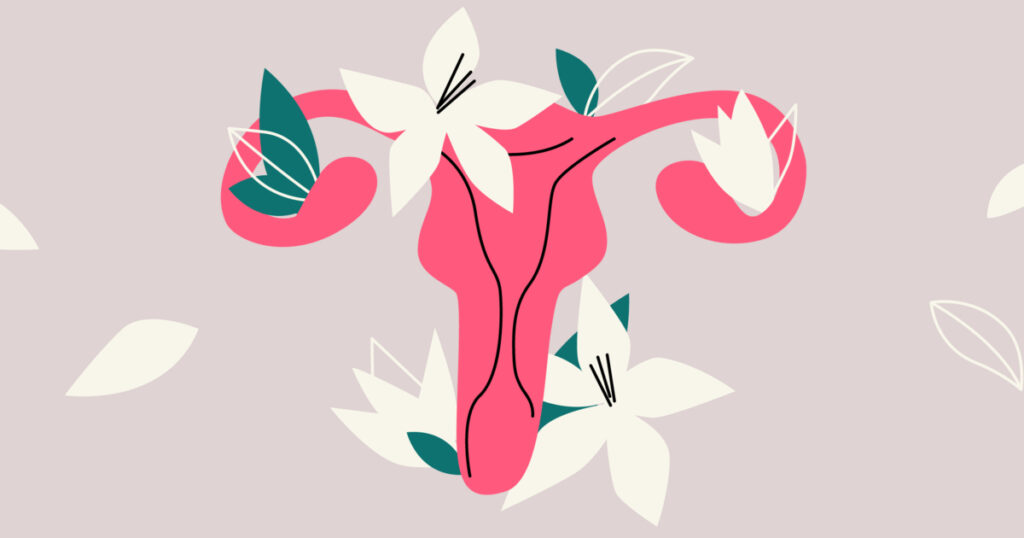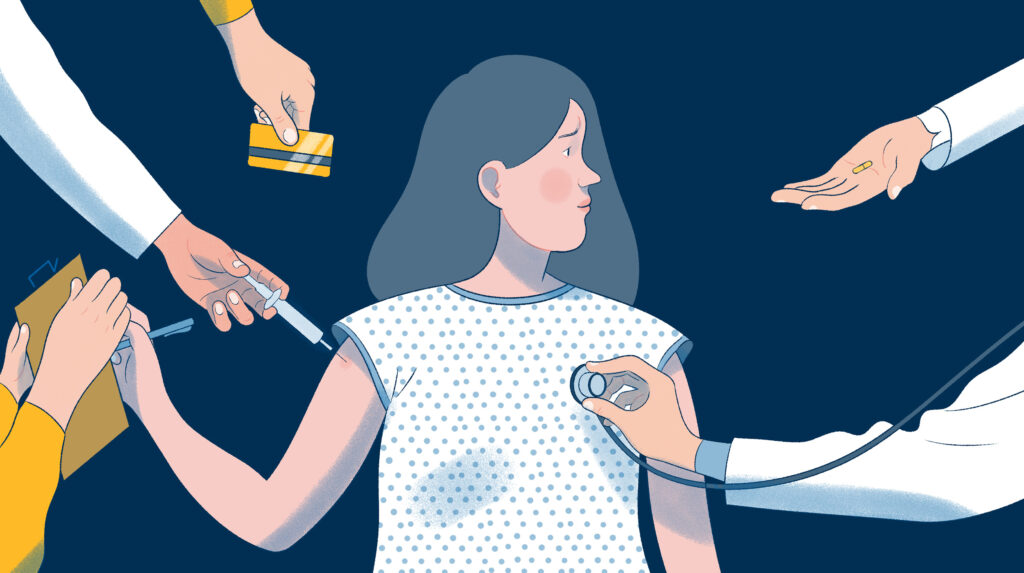Introduction
Female fertility is a complex and intricate aspect of a woman’s health. For many women, understanding their own fertility can be daunting, but it’s crucial for those who wish to plan their families or be in tune with their bodies. In this comprehensive guide, we will dive into the world of female fertility, covering topics such as the menstrual cycle, ovulation, common fertility issues, and tips for enhancing reproductive health. Remember, this information is for educational purposes only, and consulting with a healthcare professional is essential for personalized guidance.
The Menstrual Cycle
The foundation of female fertility lies in the menstrual cycle. This cycle typically lasts around 28 days but can vary from person to person. It consists of several phases, each with its own unique characteristics:
- Menstruation (Days 1-5): The cycle begins with menstruation, where the uterine lining sheds, resulting in the release of blood. This phase marks the start of the cycle and usually lasts for 3-7 days.
- Follicular Phase (Days 1-13): During this phase, the brain’s pituitary gland releases follicle-stimulating hormone (FSH), which stimulates the ovaries to produce several tiny sacs called follicles. Each follicle contains an immature egg.
- Ovulation (Around Day 14): Ovulation is the most critical phase for fertility. A surge in luteinizing hormone (LH) triggers the release of a mature egg from one of the follicles. This egg is then ready for fertilization.
- Luteal Phase (Days 15-28): After ovulation, the empty follicle transforms into the corpus luteum, which produces progesterone. This hormone prepares the uterine lining for potential implantation of a fertilized egg. If pregnancy does not occur, progesterone levels drop, leading to menstruation and the start of a new cycle.
Ovulation
Ovulation is the key event in the menstrual cycle when an egg is released from the ovary and is available for fertilization. To increase your chances of conception, it’s crucial to pinpoint your ovulation period. Some signs of ovulation include:
- Change in cervical mucus: Your cervical mucus becomes clear, slippery, and stretchy, resembling egg whites.
- Mild pelvic pain: Some women experience a slight twinge or discomfort on one side of their lower abdomen.
- Increased libido: Some women notice an increase in sexual desire during ovulation.
- Basal body temperature: Tracking your basal body temperature can help identify the slight increase that occurs after ovulation.
Common Fertility Issues
Fertility issues can affect women at any stage of their reproductive years. Some common factors that can impact female fertility include:
- Age: Fertility generally declines with age, with a significant drop after the age of 35.
- Polycystic Ovary Syndrome (PCOS): PCOS can disrupt ovulation and hormone balance, affecting fertility.
- Endometriosis: This condition can cause pelvic pain and interfere with egg release.
- Blocked Fallopian Tubes: Blockages can prevent the egg from reaching the uterus or the sperm from reaching the egg.
- Hormonal Imbalances: Irregular menstrual cycles or hormonal imbalances can make it difficult to predict ovulation.
Enhancing Reproductive Health
While fertility issues can be challenging, there are steps you can take to enhance your reproductive health:
- Maintain a Healthy Lifestyle: Eating a balanced diet, staying physically active, and managing stress can all contribute to better reproductive health.
- Regular Check-ups: Visit your healthcare provider for routine check-ups and discuss any concerns or fertility issues you may have.
- Ovulation Tracking: Use ovulation predictor kits or apps to track your menstrual cycle and pinpoint ovulation.
- Healthy Weight: Maintaining a healthy weight is important for hormonal balance. Both obesity and being underweight can affect fertility.
- Avoid Smoking and Excessive Alcohol: Smoking and excessive alcohol consumption can negatively impact fertility.
- Consider Fertility Treatments: If you’re struggling with fertility issues, consult a specialist who can provide guidance on fertility treatments like in vitro fertilization (IVF) or intrauterine insemination (IUI).
Conclusion
Understanding female fertility is crucial for women who wish to plan their families or be in tune with their bodies. While this comprehensive guide provides an overview of the menstrual cycle, ovulation, common fertility issues, and tips for enhancing reproductive health, it’s important to remember that each woman’s fertility journey is unique. Consulting with a healthcare professional is essential for personalized guidance and support on your fertility journey.
DISCLAIMER: This website does not provide medical or nutritional advice. This article has been developed for informational purposes only. This article does not substitute professional medical advice, diagnosis, or treatment. Always seek the advice of your physician, or other qualified healthcare provider with any questions you may have regarding a certain concern before proceeding with a new healthcare regimen.





